RE at St Andrew’s
At St Andrew’s School, we seek to provide children with rich opportunities to explore a range of faiths, making connections with their own lives and beliefs. We aim to provide opportunities for children to reflect and ask the bigger questions. We enable the children to do this by:
- Learning about a range of faiths
- Learning from a range of faiths
- Experiencing different religions through visitors and visits
- Exploration of faith through a range of high quality sources
Our hope is that the children will be able to make informed choices about their own views on faith, and respect those with opinions on faith which differ to their own.
RE Curriculum Overview
Trips and Visitors
Below are a few of the trips and visitors the children experience as part of the RE curriculum during their time at St Andrew’s.
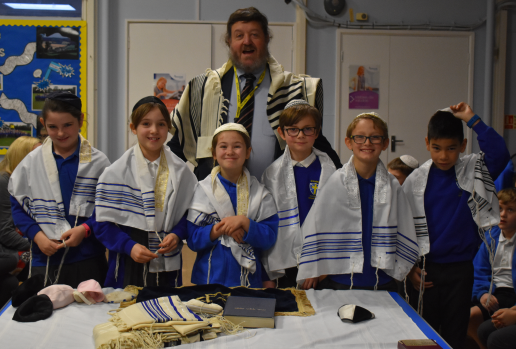
As part of our learning about Judaism, the children are visited by a Jewish Rabbi. They explore the importance of two Jewish festivals, Shabbat and Passover and try a variety of foods eaten at these celebrations!
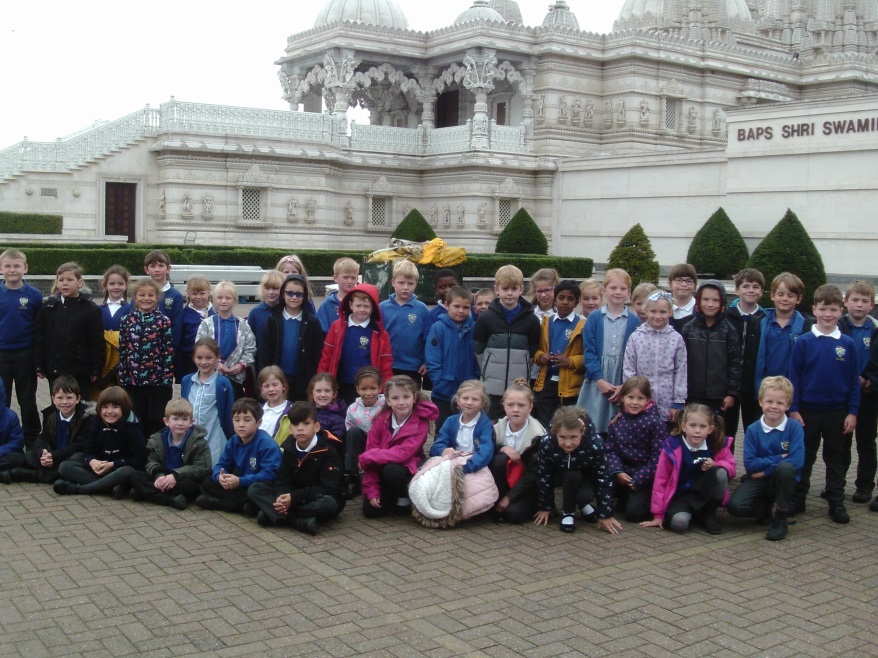
The children visited a Hindu Temple to learn more about the religion and the many Gods they worship.
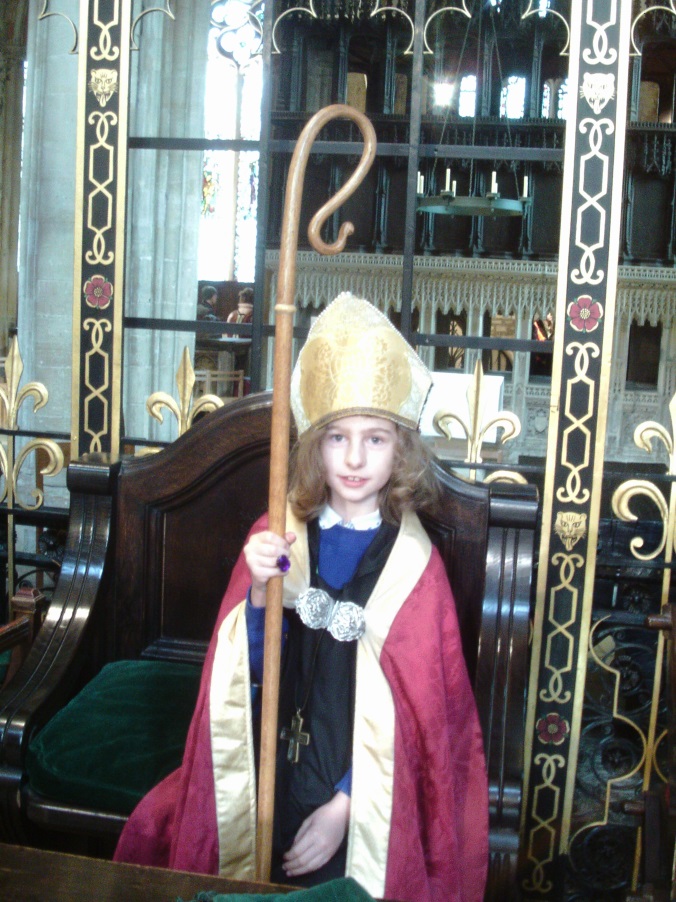
The children visit Christchurch, going on a pilgrimage to learn more about St Frideswide.
RE Inspired
Each Year group spends time with local Christians from the community as part of RE Inspired. They deliver RE sessions on Christian topics in the RE syllabus. These topics range from Christmas and Easter sessions, to more challenging topics such as ‘Death and Funerals and the Christian Response’, ‘Big Questions’ and ‘The Role of Church in Britain today’.

Links with St Andrew’s Church
As a school, we regularly visit St Andrew’s Church. KS2 visit the church at Christmas for a Carol Service and the whole school celebrates Easter together in a special service at the church. Reverend Jacky and some of the clergy frequently visit the school and lead services linked to the RE curriculum.
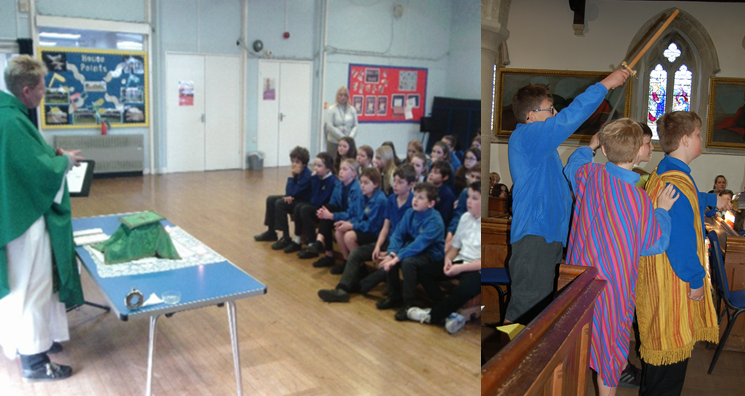
RE Week
Each year, we spend time exploring faith during RE week. We have investigated what faith means to people of different religions, and how their lives are influenced by their beliefs, showing faith in action.
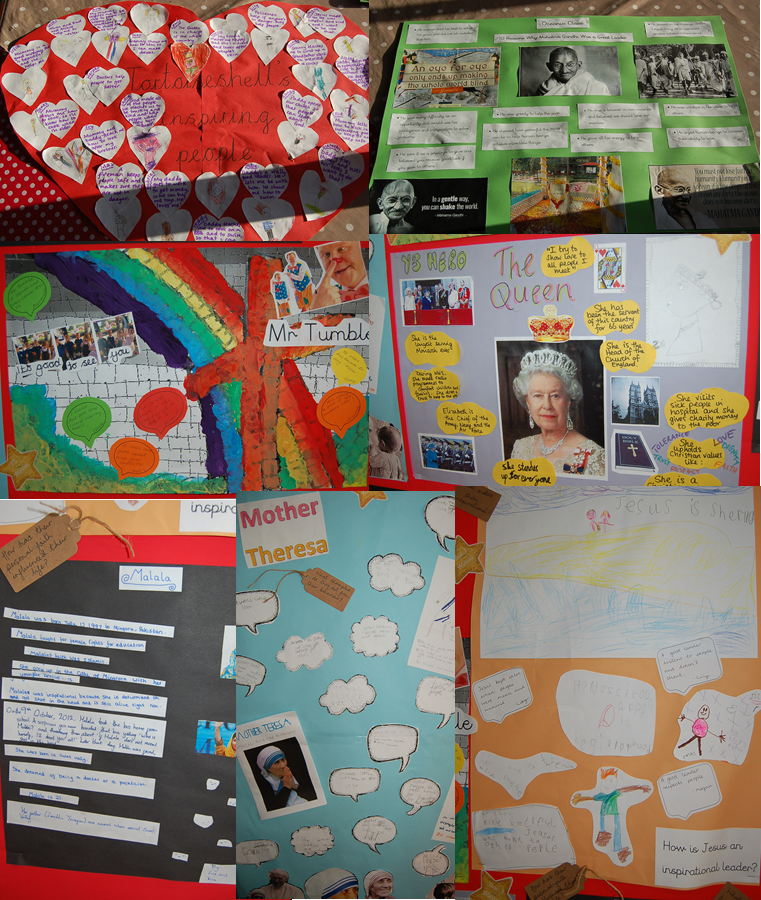
Understanding Christianity:
The core concepts
Understanding Christianity is a resource used at St Andrew’s to facilitate the children in their understanding of the key concepts surrounding the Christian faith. Each Year group was given a key concept to explore and represent creatively. Each canvas represents a key concept through the eyes of the children.
God – Foundation Stage
Fundamental to Christian belief is the existence of God, Father, Son and Holy Spirit
Creation – Year 1
Christians believe the universe and human life are God’s good creation. Humans are made in the image of God.
Fall - Year 2
Humans tend to go their own way rather than keep their place in relation to their creator. This attitude is called sin, and Genesis 3 gives an account of this rebellion, popularly called ‘the Fall’. This describes a catastrophic separation between God and humans, between humans and each other, and between humans and the environment. This idea that humans are ‘fallen’ and in need of rescue (or salvation) sets out the root cause of many problems for humanity.
People of God -Year 3
The Old Testament tells the story of God’s plan to reverse the impact of the Fall, to save humanity. It involves choosing a people who will model a restored relationship with God, who will attract all other people back to God. The Bible narrative includes the ups and downs of this plan, including the message of the prophets who tried to persuade people to stick with God. The plan appears to end in failure with the people of God exiled, and then returning, awaiting a ‘messiah’ – a rescuer.
Incarnation -Year 4
The New Testament presents Jesus as the answer: the Messiah and Saviour, who will repair the effects of sin and the Fall and offer a way for humans to be at one with God again. Incarnation means that Jesus is God in the flesh, and that, in Jesus, God came to live among humans.
Gospel – Year 5
Christians believe Jesus’ incarnation is ‘good news’ for all people. (‘Gospel’ means ‘good news’.) His life, teaching and ministry embody what it is like to be one of the People of God, what it means to live in relationship with God. Jesus’ example and teaching emphasise loving one’s neighbour – particularly the weak and vulnerable – as part of loving God.
Salvation – Year 6
Jesus’ death and resurrection effect the rescue or salvation of humans. He opens the way back to God. Christians believe that through Jesus, sin is dealt with, forgiveness offered, and the relationship between God and humans is restored.
Kingdom of God – Copper Class
This does not mean that no one sins anymore! The Bible talks in terms of God’s ‘Kingdom’ having begun in human hearts through Jesus. The idea of the ‘Kingdom of God’ reflects God’s ideal for human life in the world – a vision of life lived in the way God intended for human beings. Christians look forward to a time when God’s rule is fulfilled at some future point, in a restored, transformed heaven and earth. Meanwhile, they seek to live this attractive life as in God’s Kingdom, following Jesus’ example, inspired and empowered by God’s Spirit.
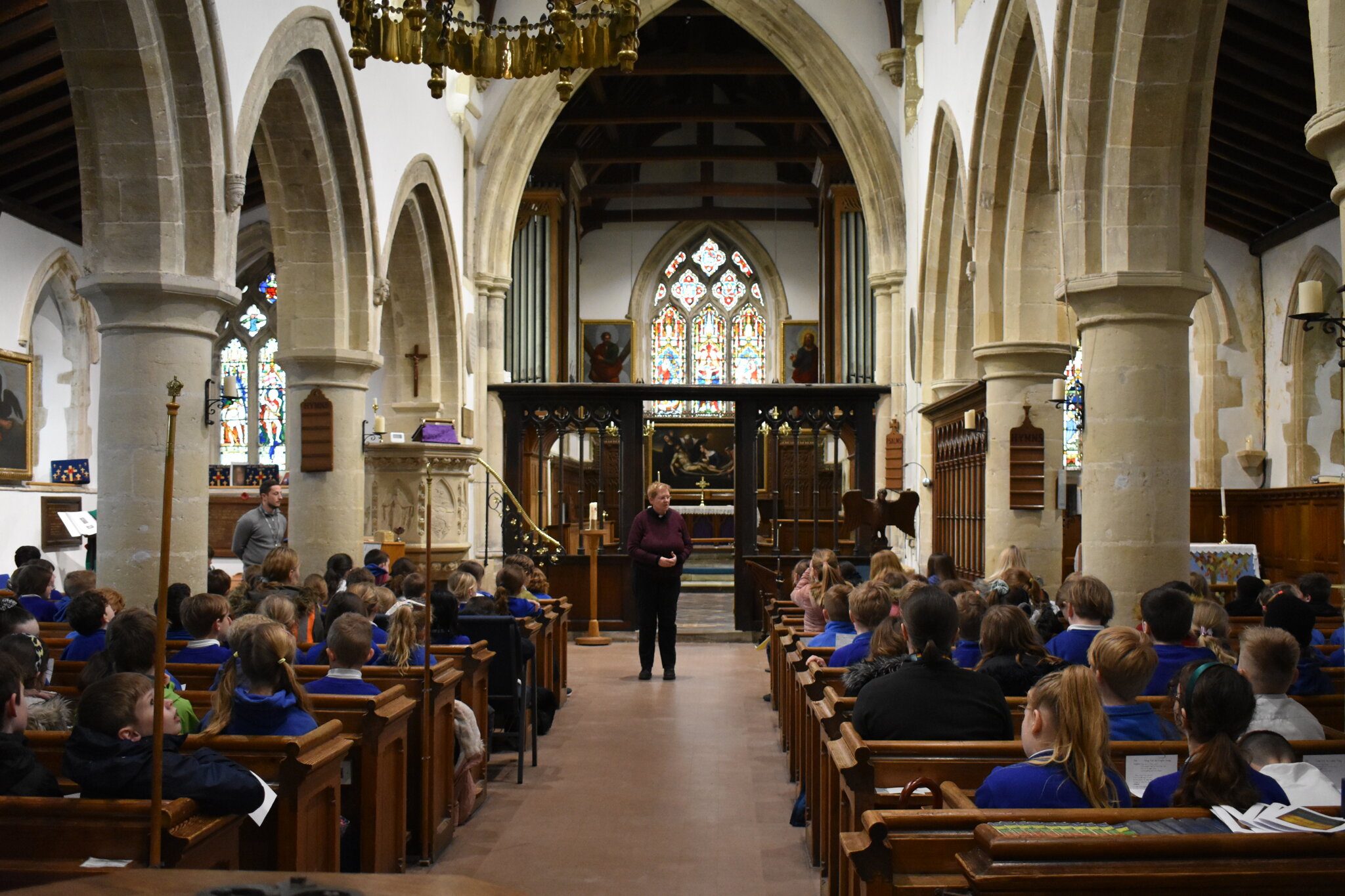
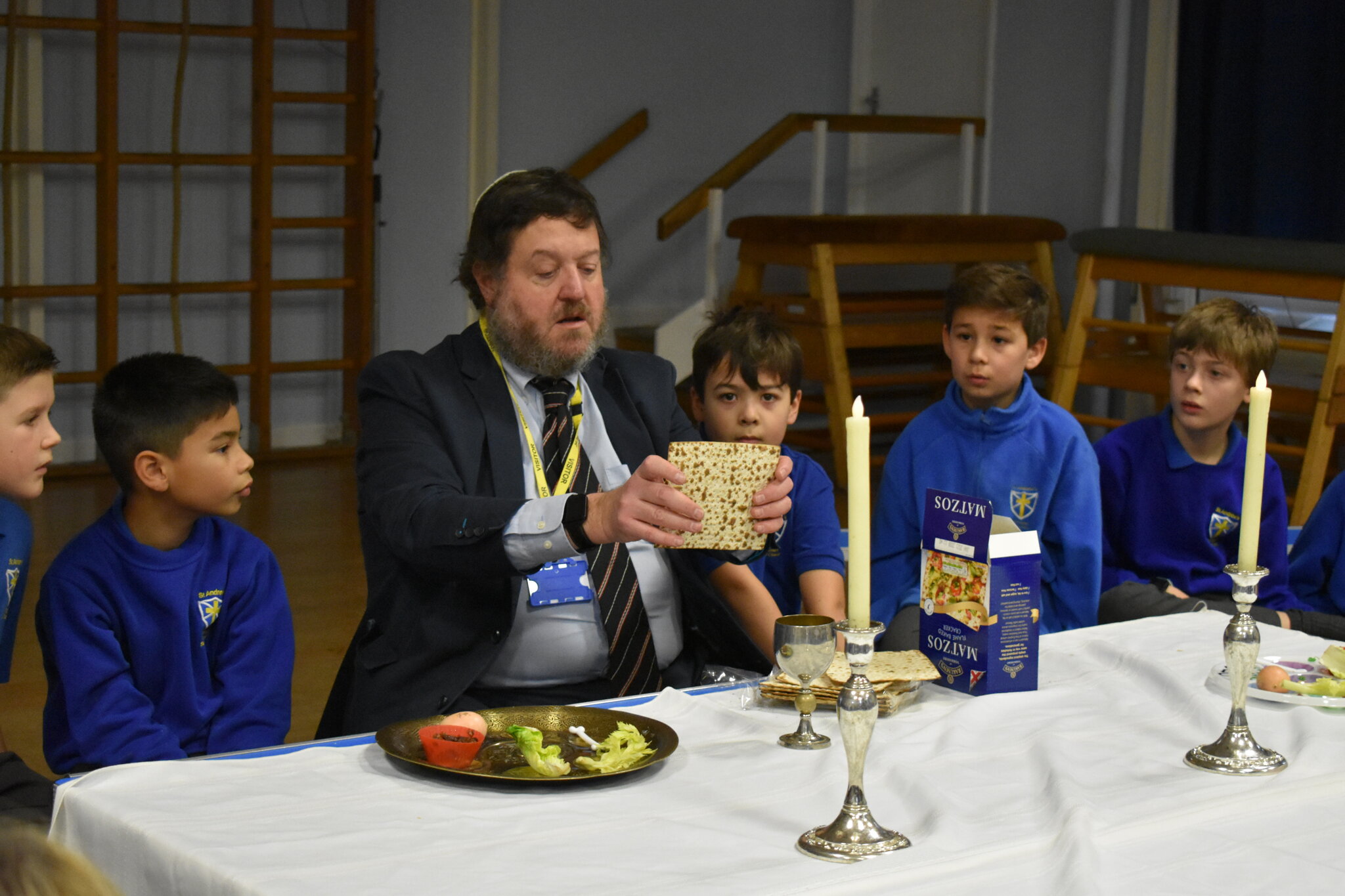
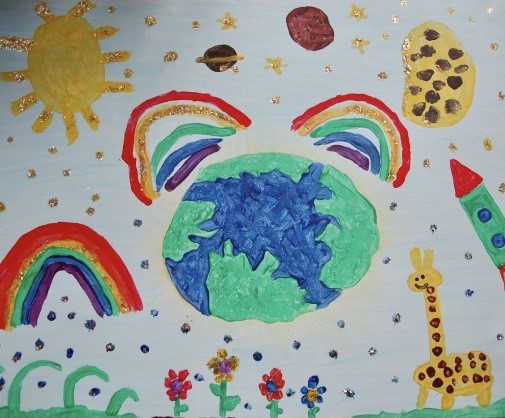

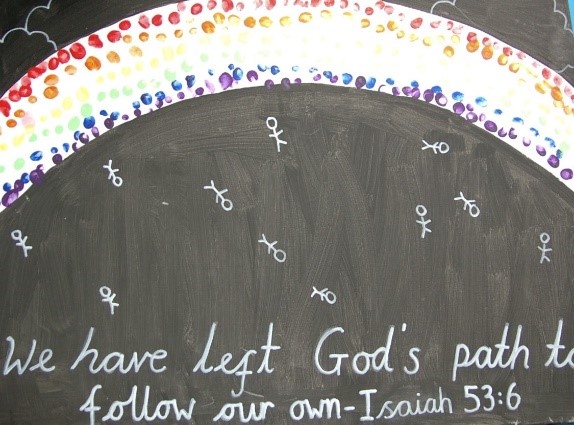
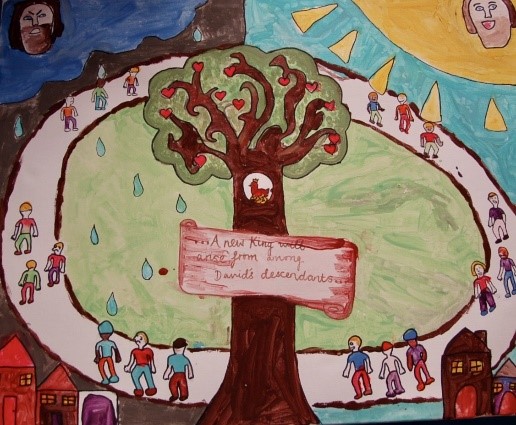
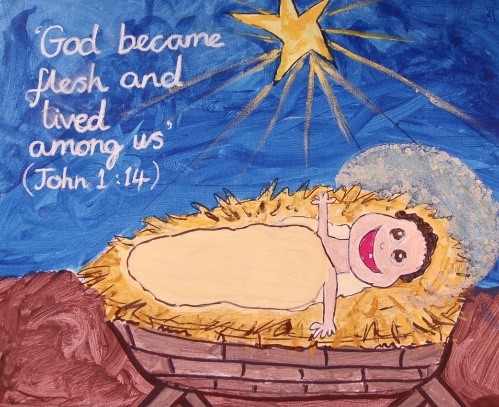
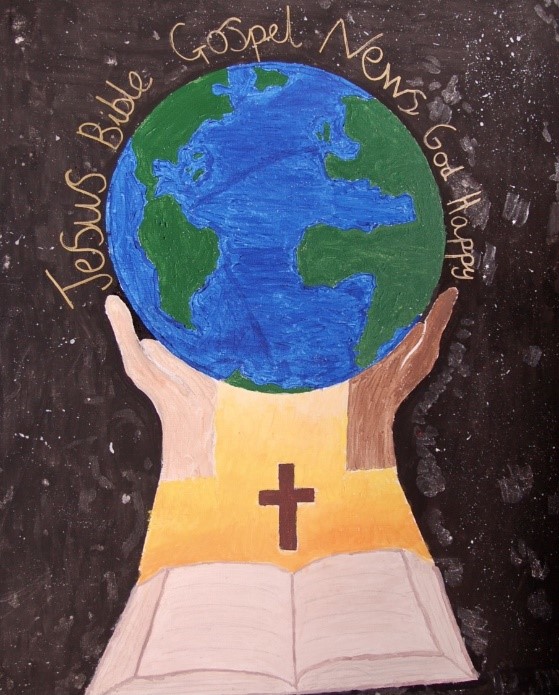
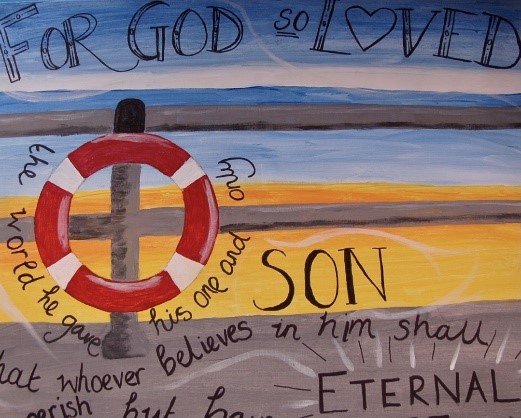
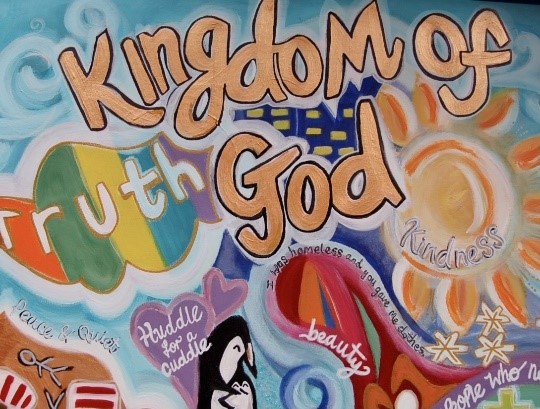

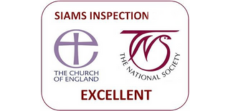

.png)

.png)
.png)
.png)
.png)
.png)
.png)